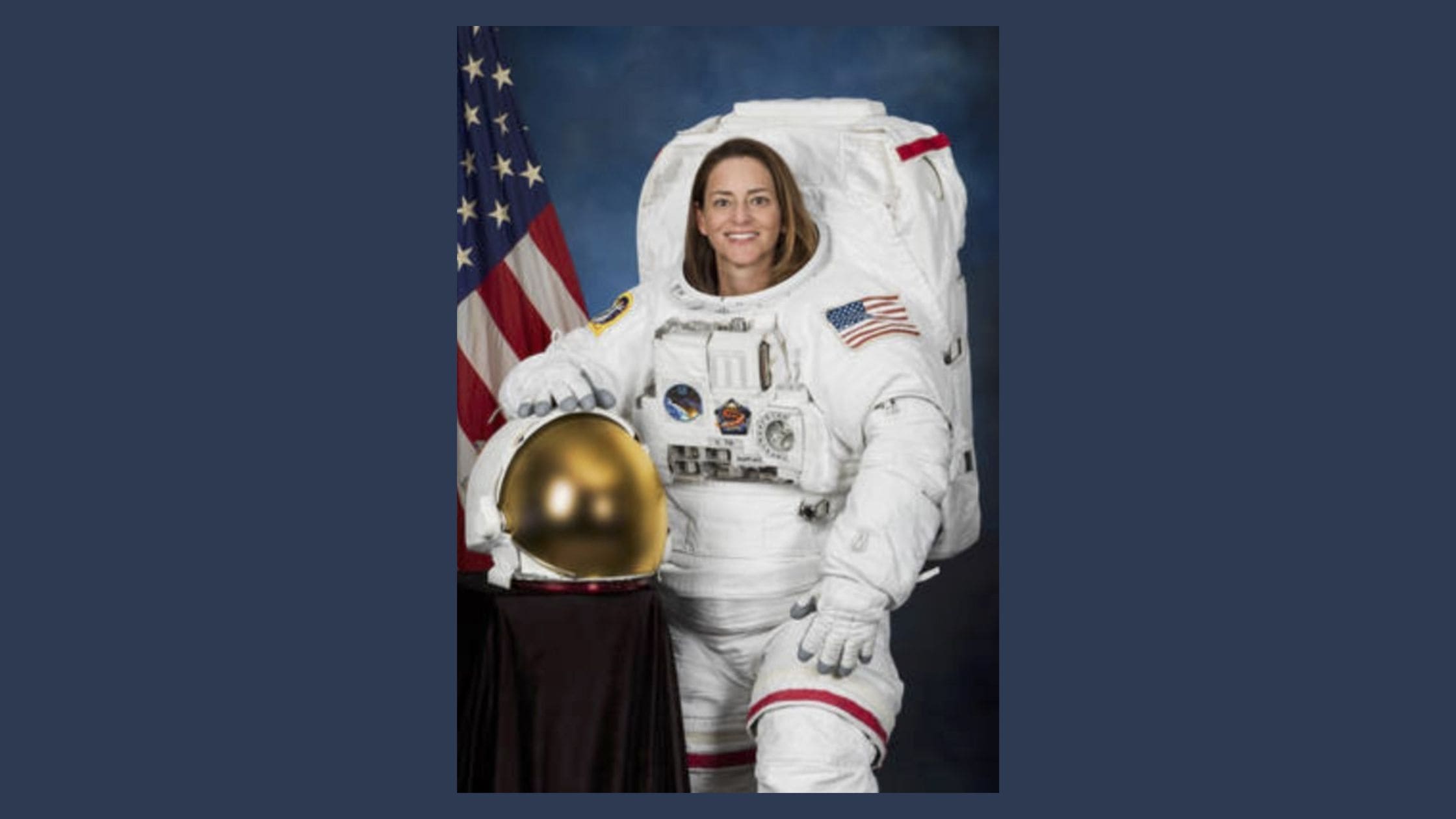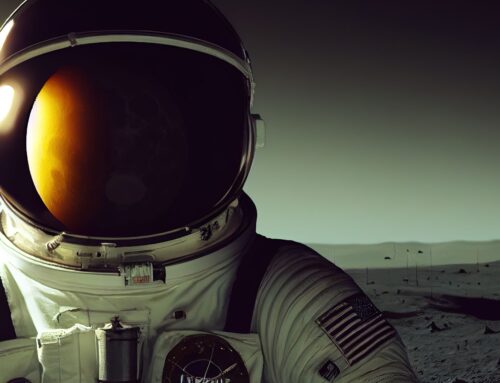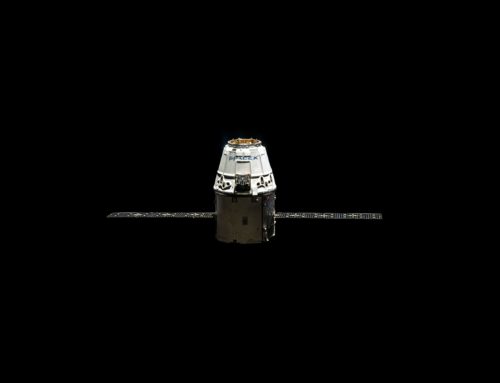Astronaut Nicole Aunapu Mann has etched her name in history by becoming the first Indigenous woman to venture into space. A Marine colonel, engineer and test pilot, she is a trailblazer in the field of space exploration. Nicole Mann hails from the Native American community and holds immense pride in her Indigenous heritage. She is a member of the Northern California indigenous group, the Wailacki of the Round Valley Indian tribes. Her remarkable achievements have shattered barriers and inspired many aspiring scientists and indigenous youth worldwide. Here, we take a look at her life and accomplishments – thus far.
Nicole Mann’s Educational and Pilot Background
After earning a B.S. in Mechanical Engineering from the U.S. Naval Academy in 1999, Mann was commissioned as a Second Lieutenant in the U.S. Marine Corps. She then earned a M.S. in Mechanical Engineering, specializing in Fluid Mechanics, from Stanford University in 2001. After graduate school, Mann underwent training, graduated from The Basic School in Quantico, Virginia, and then went to the Naval Air Station for flight training in 2001.
In 2003, Mann earned her wings of gold as a Naval Aviator and reported for fleet training in the F/A-18C. Her operational flying career began in 2004 with the Thunderbolts of VMFA-251. During the assignment, Mann deployed twice aboard the USS Enterprise and flew combat missions supporting Operations Iraqi Freedom and Enduring Freedom.
Returning from her second deployment, Mann attended the U.S. Naval Test Pilot School in the Air Test and Evaluation Squadron 23 as a F/A-18 Test Pilot/Project Officer. In July 2012, Mann was assigned to PMA-281 as the Joint Mission Planning System – Expeditionary Integrated Product Team Lead, where her expertise led her to be selected as an astronaut candidate. Overall, she has accumulated over 2,500 flight hours in 25 aircraft types, 200 carrier landings and 47 combat missions in Afghanistan and Iraq.
Life In Space
Nicole Mann’s astronaut career began with her induction as one of eight into NASA’s 21st astronaut class in June 2013. Her training included intensive study of International Space Station systems, robotics, spacewalks, Russian language instruction, as well as water and wilderness survival. Mann completed astronaut candidate training in July 2015.
Next, she served as the T-38 Safety and Training Officer and as the Assistant to the Chief Astronaut for Exploration where she led the astronaut teams in the development of the Orion spacecraft, Space Launch System, and Exploration Ground Systems for missions to the Moon.
Mann launched to the International Space Station as commander of NASA’s SpaceX Crew-5 mission on October 5, 2022 and spent 157 days in orbit. While aboard the ISS she engaged in a myriad of operational and scientific activities and participated in two spacewalks outside the ISS lasting a total of 14 hours and 2 minutes. Mann is presently training for her next mission assignment – possibly in NASA’s Artemis program that will send humans back to the Moon.
Inspiring Future Generations
Nicole Mann actively engages with communities, sharing her experiences and advocating for increased representation in the space sector. By mentoring young students and participating in outreach programs, she strives to ignite curiosity and passion for science among the next generation. Mann’s story serves as a testament to the power of perseverance and the importance of inclusivity in shaping the future of scientific discovery and space travel.
Photo via NASA.com





